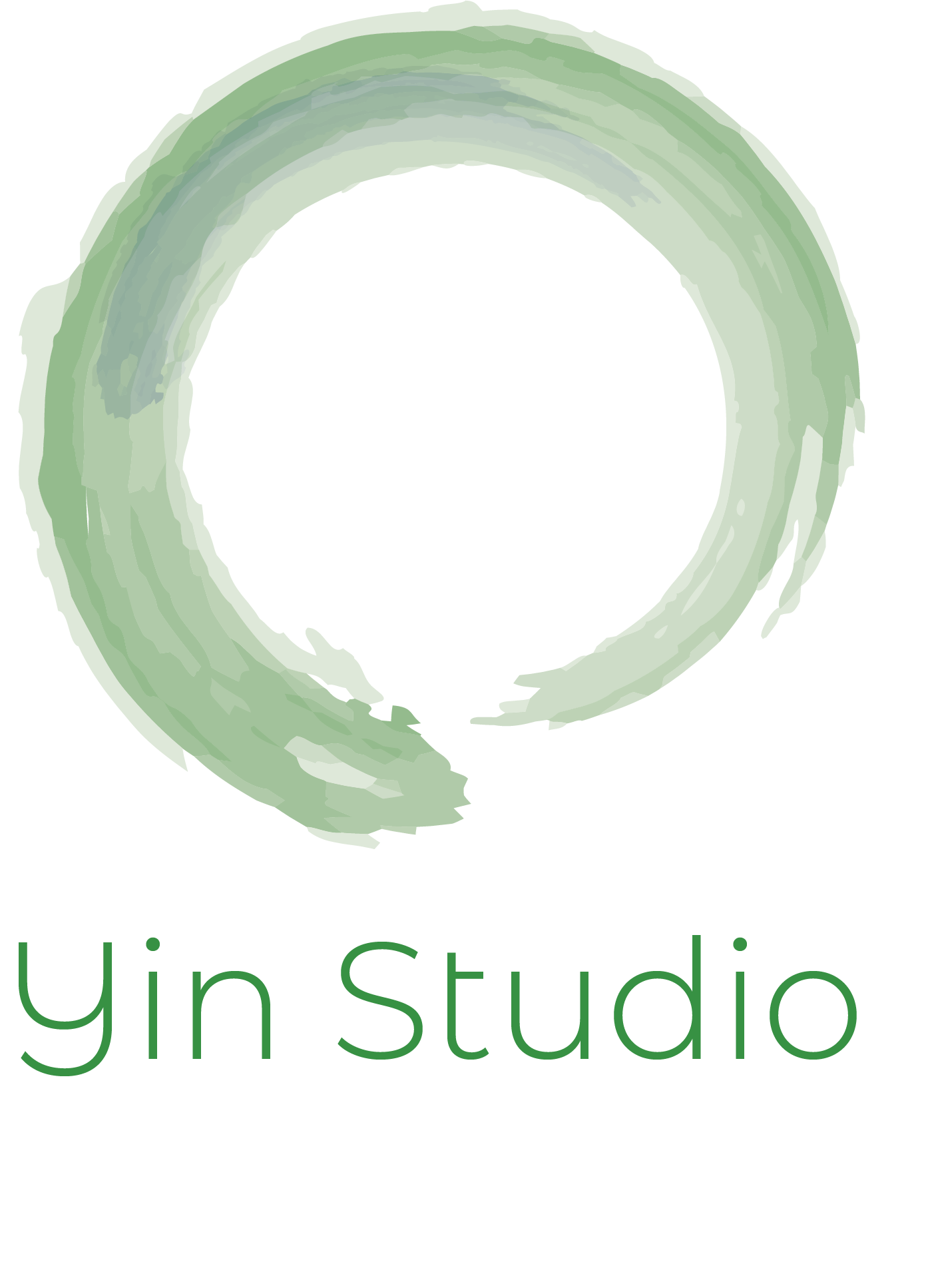Chinese Medicine: The Common Misconceptions
Complementary medicines such as Chinese Medicine have been growing in popularity in recent years, but a few misconceptions remain. In response to some of the ‘fake news’ that I hear and see in my everyday life, I have decided to address a few common myths about Chinese medicine.
Misconception #1: Chinese Medicine is Unregulated
Traditional Chinese medicine in Australia is regulated by the Australian Health Practitioner Regulation Agency through the Chinese Medicine Board of Australia. Practitioners must complete education requirements, pass the VIVA exam, register and complete regular training requirements.
Misconception #2: Acupuncture Is Not as Effective as Prescription Medicine
Acupuncture can be highly effective at managing certain kinds of illness, particularly those relating to chronic pain. It has the added benefit of not involving any chemical substances. In fact, it is recommended by the World Health Organisation (WHO) for many health conditions and the American College of Physicians recommends their members consider acupuncture before issuing opioids.
Misconception #3: Acupuncture is Painful
Just because it involves needles, does not mean that the process is painful. The insertion of acupuncture needles is typically accompanied by a mild tingling or numbing sensation. Once the needles are in, it is an extremely relaxing treatment where patients will often fall asleep.
Misconception #4: Chinese Herbal Medicine uses endangered species
Some people associate traditional Chinese medicine with exotic foreign ingredients for herbal dispensing. However, herbal ingredients are regulated by Australia’s Therapeutic Goods Administration and many are commonly found in kitchens, including ginger, cinnamon, orange peel and ginseng. The herbal formulas that I use at Yin Studio are actually 100% vegan. Herbs are just one component of Chinese medicine, which focuses on the body and energy from a holistic approach. Treatments include acupuncture, herbal medicines, lifestyle changes, exercise, and diet.
Misconception #5: There is No Research Supporting Chinese Medicine
Chinese medicine has been developed and refined over thousands of years of practice and remains popular today. The 2015 Nobel Prize in Medicine was awarded to a Chinese medicine researcher for finding a treatment for malaria using traditional herbs. Modern research shows that acupuncture is beneficial in adult postoperative and chemotherapy nausea and vomiting as well as postoperative dental pain among many other issues such as tennis elbow, fibromyalgia, asthma, and addiction.
Misconception #6: Chinese Medicine is Expensive
Traditional Chinese medicine treatments are not expensive relative to other medical treatments. All major private health insurers in Australia cover Acupuncture. Chinese medicine is all about prevention so an investment early on will result in a quick recovery and will stop the illness/injury deteriorating to the point where very costly hospital treatments are required, not to mention the down time that would be required to convalesce.
The combined price of an initial consultation and treatment at Yin Studio is only $105 dollars; patients can book online today!
